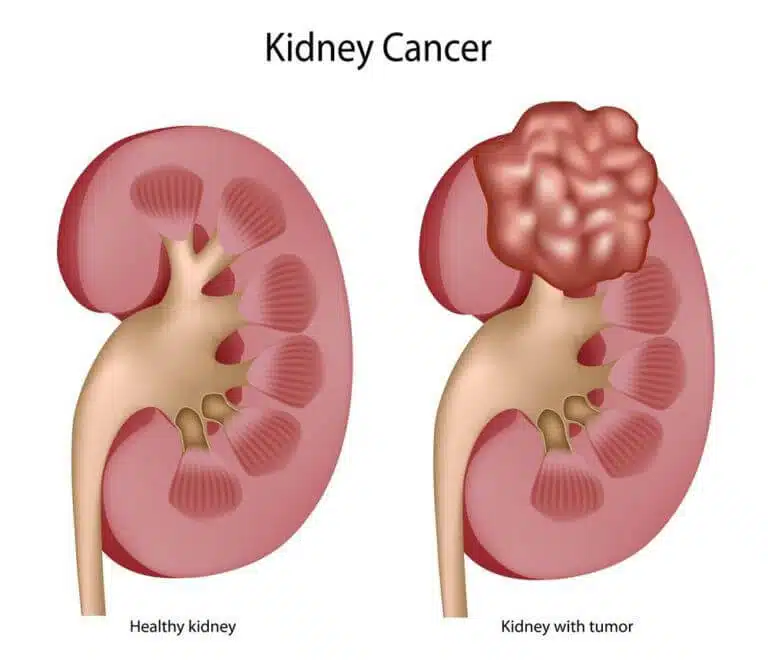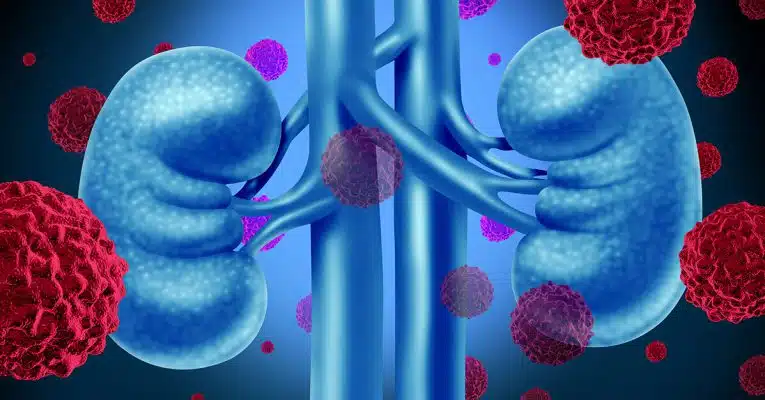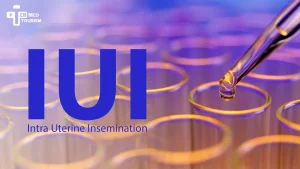The risk factors for kidney cancer
Kidney cancer occurs when the cells of one or both kidneys undergo abnormal mutations and changes in their cells, and unbalanced cell growth and division occur in the kidneys. In this case, some cells can even break off and spread (metastasize) to distant parts of the body. The remarkable thing about kidney cancer is that many of the causes of this disease are unknown. But there are several risk factors, such as obesity or smoking that can potentially increase the risk of kidney cancer in people. Of course, these risk factors do not necessarily lead to kidney cancer, and many other underlying factors can play a role. A person may have some of these risk factors but do not develop kidney cancer, and on the other hand, a person may suddenly develop kidney cancer without being exposed to any risk factor. In adults, the most common type of kidney cancer is called “renal cell carcinoma or RCC”. In children, however, another type of cancer, known as “Wilms’ tumor”, usually occurs. In this article, we will look at some of the risk factors that may increase the risk of kidney cancer.
Obesity
Being overweight or very overweight (obese) increases the risk of kidney cancer. This issue accounts for 24% of all kidney cancer cases. Overweight means that your body mass index (BMI) is between 25 to 39.9 and obesity is when the index is 30 or higher. BMI is a ratio that will be simultaneously affected by a person’s height and weight. Being overweight can cause hormonal changes in the body, especially in women. These hormonal changes and imbalances could be considered as one of the effective factors in increasing the risk of kidney cancer.
Smoking:
People who smoke regularly have a higher risk of developing kidney cancer. This probability will be increased depending on the amount and duration of smoking. According to statistics, smoking in men will increase the risk of cancer by 30% and in women by up to 25%. Quitting smoking can reduce the risk of kidney cancer. If a person quit smoking for up to ten years, he or she will be as likely to develop kidney cancer as a non-smoker.
Chronic renal failure (CRF):
People with kidney disease who have been on dialysis for a long time are more likely to develop kidney cysts. This will increase the risk of kidney cancer. However, this type of cancer is usually detected in the early stages and could be treated.
Existence of some genetic syndromes and inherited defects:
Some people have inherited syndromes and faulty genes that make them more exposed to develop kidney cancer. Cancer caused by these inherited syndromes is called “hereditary” or “familial kidney cancer”. Scientists are trying to figure out which of the inherited genes can cause abnormal DNA function in humans. In the future, doctors may be able to prevent these types of cancers by predicting these faulty genes. Hereditary kidney cancer usually leads to multiple tumors in both kidneys (bilateral kidney cancer). Also, this type of cancer, compared to other types (non-inherited cancers), is more common in younger people.
Familial history of cancer
People with a family history of first-degree relatives diagnosed with kidney cancer are twice as likely to develop this cancer, especially renal cell carcinoma. The first-degree family includes parents, siblings, and children.
High blood pressure or hypertension
There seems to be a link between high blood pressure and kidney cancer. In general, high blood pressure will be one of the most common causes of kidney failure, which includes kidney cancer as well.
Thyroid cancer
The genetic changes that will lead to thyroid cancer and kidney cancer are somehow similar. Therefore, people with thyroid cancer will also be at risk for diagnosing with kidney cancer.
Diabetes mellitus
Some studies show that people with diabetes type 1 are more likely to develop kidney cancer. This risk will also increase in people who use insulin to control their diabetes. However, other diabetes-related drugs such as metformin and pioglitazone have been rarely reported as risky.
Excessive use of some painkillers:
According to researches, some types of painkillers can increase the risk of kidney cancer. Painkillers containing phenacetin have been banned in the United States, since 1983, because of their link to transitional cell carcinoma in kidney. There are other analgesic pain pills and nonsteroidal anti-inflammatory drugs (NSAIDs) that can also increase the risk of kidney cancer, such as aspirin, acetaminophen, and ibuprofen. Of course, occasional and low-dose use of these drugs has rarely been a problem.
Age
The risk of developing cancer increases with age. The average age of onset of the disease in people is 64 years old, and generally, it is a rare disease under the age of 45 years
Gender
Men are almost twice as likely to get this cancer as women.
Occupational exposure to some chemicals:
Contact with certain chemicals, such as cadmium, increases the risk of kidney cancer. People who regularly work with batteries, chemical colors, or welding tools are more likely to be affected, especially when they have a history of smoking.

Reviewing the above factors, it seems that the effective risk factors increasing the chance of getting kidney cancer are not specific, and they may lead to many other diseases.
However, if a person has these underlying factors, it is best to be monitored by a doctor and undergo specific examinations. As it turns out, some of these factors, such as excess overweight, chronic kidney disease, or a family history of kidney cancer, can be far riskier than others.
Are you also concerned about your risk of developing kidney cancer?














